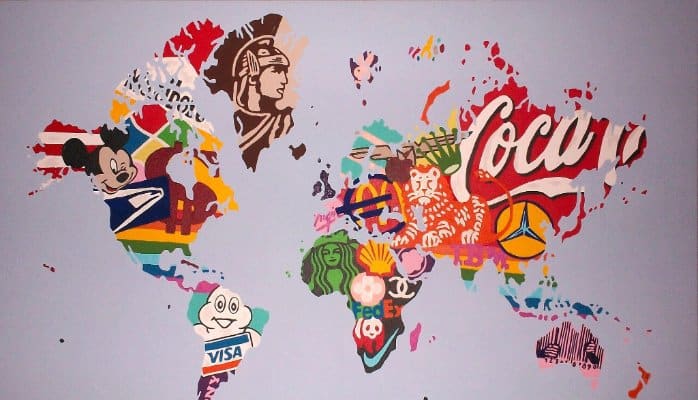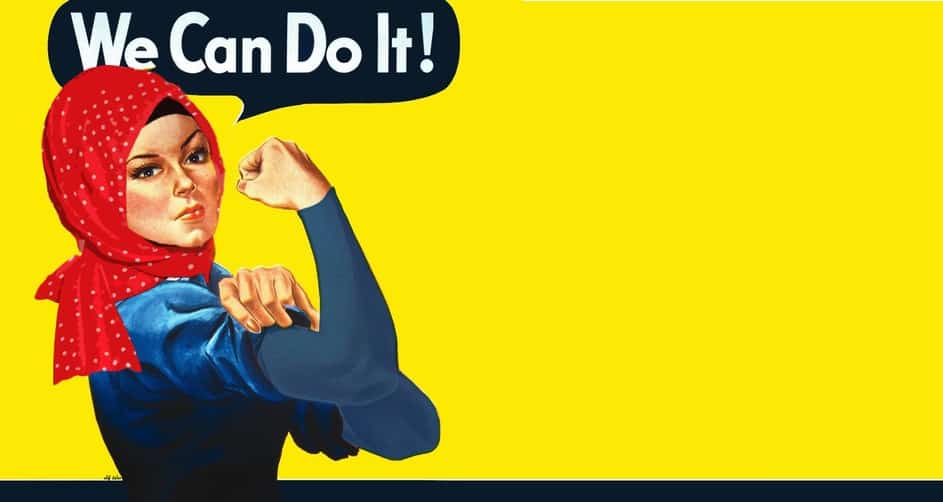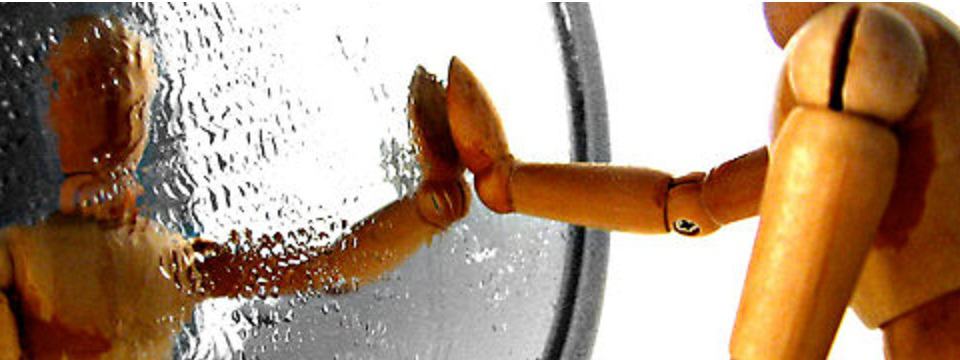In this article, br Shafiul Huq explores how capitalist society reproduces its ideology through social practices and norms.
In a previous article, we discussed how liberalism theorises the human being as pre-social, ahistorical and apolitical. The liberal individual is the universal human being that precedes history, society, and politics. While, a contrasting view to individualism is that human beings are historically situated; they are socially, culturally and ideologically “constructed”. That is, society, culture, and ideology give us our sense of the self – how we understand ourselves and our relationship with others.
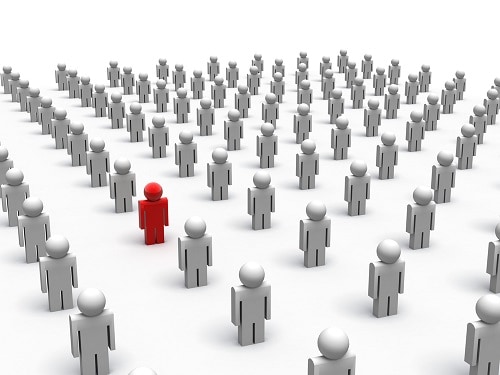
We need to balance the idea of where the human really lies as an individual in society from an Islamic perspective.
While we need to avoid falling into any form of social determinism, the latter view does make an important point about the effect of society and its ideology on the individual. In fact, Shaykh Taqiuddin Al-Nabhani, in some of his works, describes humans as social beings, not in a deterministic sense such that the individual is totally determined by society, but in the sense of the overwhelming influence society has on the individual.
For example, in Mafahim, referring to the nature of activism required to change society, he says:
Those who carry the da’wah should not assess the da’wah by their number. Such assessment is absolutely wrong and harmful to the da’wah because it distracts the da’wah carriers from focusing on the society to focusing on the individuals. This will cause the da’wah to slow down and perhaps cause failure in that place. The reason behind this is that society is not composed of individuals as many people think. Rather the individuals are parts of the group (community). What bonds the individuals in the society are other components such as their thoughts, emotions and systems. The da’wah is carried in order to change the thoughts, emotions and systems. It is collective da’wah and a da’wah taken to the society and not to the individuals. Reforming the individuals is only to make them become part of a group (bloc) that carries the da’wah to the society. Therefore those who carry the da’wah and have a deep understanding of its nature rely on society to carry the da’wah to it. They will consider that reforming the individual will not lead to reform in the society. It will not even guarantee the permanent reform of any individual [emphasis mine]. Instead, reforming the individual comes through reforming the society, for once the society is reformed, the individual is reformed. Therefore the da’wah should focus its attention to the society at large, following the principle: “Reform the society, this will lead to reform of the individual constantly.”
Therefore, it is very important to appreciate how society has an impact in shaping the views, thoughts and behaviour of the individual. Especially, living at a time when the world is predominantly under the influence of capitalism, we need to have a proper understanding of the ideological workings of the capitalist social order.
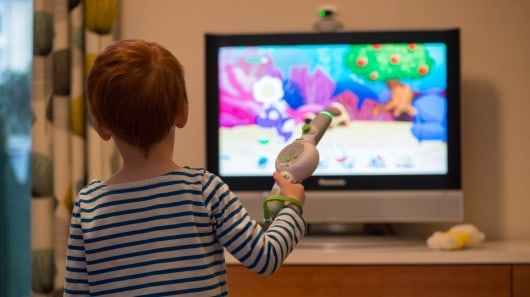
Capitalist society has many ways of propagating it’s ideology to become common sense, from popular media to public education, such that it becomes hard to identify it unless you possess an alternate view of the universe like we do as Muslims.
There is a considerable amount of research that has been done to study the capitalist society and how it reproduces its ideology through social practices and norms. I would like to refer to extracts from an essay that I found to be of particular benefit and which should help us appreciate the machinations at play at different levels of the capitalist society by which it inculcates individuals with its ideology. This will help us better understand some of the ways by which these machinations affect Muslims, especially in the West, with regards to their understanding of themselves and their reading of Islam, and how it, in turn, affects their politics.
Referring to the works of a Marxist thinker named Louis Althusser, John Fiske writes in his essay Culture, Ideology, Interpellation:
At the heart of this theory is the notion of ideological state apparatuses (ISAs), by which he means social institutions such as the family, the educational system, language, the media, the political system, and so on. These institutions produce in people the tendency to behave and think in socially acceptable ways (as opposed to repressive state apparatuses such as the police force or the law, which coerce people into behaving according to the social norms.) The social norms, or that which is socially acceptable, are of course neither neutral nor objective; they have developed in the interests of those with social power, and they work to maintain the sites of power by naturalizing them into the common sense…Social norms are ideologically slanted in favour of a particular class or group of classes but are accepted as natural by other classes, even when the interests of those other classes are directly opposed by the ideology reproduced by living life according to those norms…
Social norms are realized in the day-to-day workings of the ideological state apparatuses. Each one of these institutions is “relatively autonomous,” according to Althusser, and there are no overt connections between it and any of the others – the legal system is not explicitly connected to the school system nor to the media, for example – yet they all perform similar ideological work. They are all patriarchal; they are all concerned with the getting and keeping of wealth and possessions; and they all endorse individualism and competition between individuals. But the most significant feature of ISAs is that they all present themselves as socially neutral, as not favoring one particular class over any other. Each presents itself as a principled institutionalization of equality: the law, the media, and education all claim, loudly and often, to treat all individuals equally and fairly. The fact that the norms used to define equality and fairness are those derived from the interests of the white, male, middle classes is more or less adequately disguised by these claims of principle…
The institutions appear autonomous only at the official level of stated policy… At the unstated level of ideology, however, each institution is related to all the others by an unspoken web of ideological interconnections… Thus the educational system, for example, cannot tell a story about the nature of the individual different from those told by the legal system, the political system, the family, and so on.
Fiske is here referring specifically to the machinations of capitalist societies, which he says are divided along different axes e.g. race, class, gender etc., and that the dominant ideas reinforced through ISAs only favour a dominant class.
The important point to note in the extract I quoted from Fiske above is that, a capitalist society uses non-coercive means very effectively to promote and naturalise certain views in society that the people start adopting as common sense.
As far as Muslims in the West are concerned, I think the above points are really important to note because of the way certain ideas about Islam and Muslims are naturalised in society. These notions have significant repercussions for Muslims as these ideas are intimately connected to the government’s policies towards Muslims locally and its foreign policy towards Muslim countries abroad. Also, these ideas not only affect wider social attitudes towards Muslims but also influences Muslims themselves in terms of their views, thinking and behaviour, and thereby also their politics and da’wah.
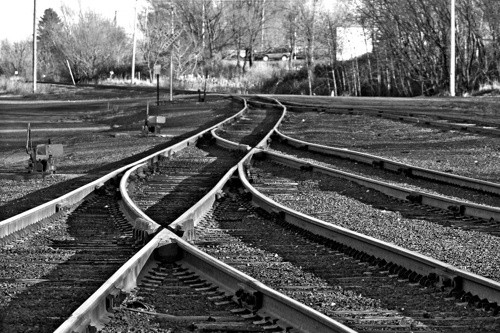
On key Islamic issues, Muslims often end up submitting to discourses that tend to converge with mainstream ideas and commonsense opinions in society, even if they deviate from proper Islamic opinions.
In order to very briefly demonstrate this point, let us look at the dominant discourses surrounding the topic of jihad in a “war on terror” context. We essentially find two opposing views of jihad prevalent in society today:
- One that describes jihad as an almost barbaric thirst for violence based on an arbitrary hatred for the West and its freedoms.
- One that reduces jihad to merely self-defense, or even worse, just self-discipline, where for example simply waking up for Fajr now counts as jihad.
When political debates, media commentaries and community discourses on jihad proliferate and popularise two such dominant notions of jihad, the ordinary observer is implicitly given two positions to choose from – one that portrays jihad as violent and barbaric, and another that jihad is defensive or even just a purely internal struggle.
As Muslims, concerned about putting forth a good public image of Islam, many of us are pushed to adopt the latter i.e. defensive jihad, internal struggle.
Now there are two very important points that can be easily missed, and are usually missed by many of us:
- These dominant discourses are ideologically rooted, and serve political agendas, and at best have a tenuous relation to classical understandings and practice of jihad.
- They are based on, and, at the same time, they reinforce modern notions of the nation state and national sovereignty, and liberal notions of freedom, choice and individualism.
The first view of jihad as mindless violence serves political agendas because it is a convenient tool for the continued marginalisation and demonisation of Muslims by portraying the Islamic belief, the Islamic shari’ah and Islamic history as inherently dangerous, violent, oppressive and unsuitable for the modern age. It provides further justification for the continuation of the brutal “war on terror”.
Alternatively, if we take the view of “defensive jihad” or “jihad of the nafs”, it serves the political agenda of de-politicising Islam or at least dispossessing it of any aspiration to lead humanity and narrows down its concerns to individualistic issues.
With regards to these discourses reinforcing liberal concepts, such as individualism, it is because Jihad cannot be made sense of using the liberal conception of individual freedom. While Islam prohibits forced conversions, Muslims throughout history have not understood or practised jihad purely as defensive or pre-emptive warfare. That is not to say that justice and freedom are incompatible with Islam, but they are understood within the broader constellation of Islamic values and ideals on their own terms. Hence, if we adopt a liberal conception of the free individual, we will either inevitably end up criticising the concept of jihad or change it to fit liberal values. Either way, we are doing a disservice to Islam.
Especially, in the years following 9/11, Jihad as self-defence has become “common sense” to many. This notion has been “naturalised” through different means – khutbahs, lectures, talk shows, articles, videos, discussion forums etc. Many propagating this view would have never read a single fiqh chapter on this topic but instead uncritically adopt and repeat politically convenient narratives about Islam.
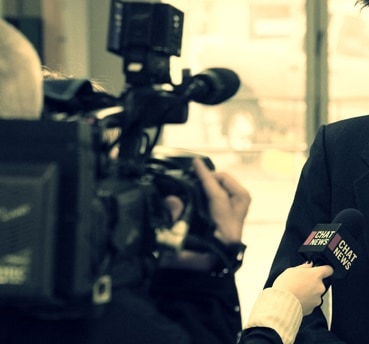
Prevailing debates on Jihad that make it solely about the self, ones you might hear in TV interviews, tend to agree with liberal notions of individualism.
On the other hand, perhaps an equally superficial reading of Jihad is that of mindless aggression. Unfortunately, this is how it comes across in the fiery rhetoric of some who play out the stereotypical “radical Muslim” as a form of resistance to Western hegemony over the Muslim world, and thereby unwittingly play a part in confining Muslims to a good-Vs.-bad Muslim kind of politics.
Ultimately, these debates on jihad form part of a wider debate about “moderate” and “radical” Islam – ideologically constructed binaries forced upon Muslims, once again, to serve certain political agendas. And it is pitiful that there are not many critical voices within the Muslim community in the West who can challenge these dominant narratives about Islam and Muslims and unveil the ideological operations at play that constantly marginalise Muslims as a community, no matter which artificial camp of Islam – “radical” or “moderate” – certain individuals within the community are perceived to belong to.
Muslims in the West need an intellectual da’wah that can critically undo such machinations of the capitalist society. One that can challenge the dominant narratives, unsettle common sense notions, expose the operations of power in our day-to-day lives and de-naturalise the “natural”. A da’wah that is also deeply rooted in the Islamic tradition and is able to articulate Islam persuasively, powerfully, politically.
Shafiul Huq is a Melbourne-based activist. He is also a student of Classical Arabic and Cultural Studies.
![]()










